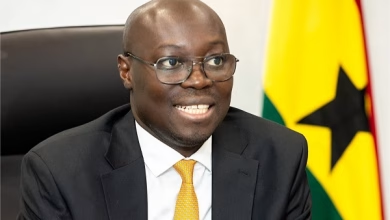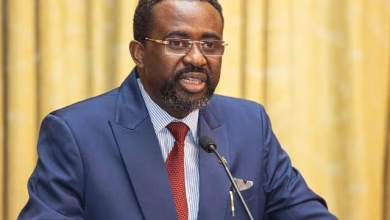The Bank of Ghana (BoG) has clarified that its foreign exchange (forex) interventions in the first quarter of 2025 have not depleted the country’s reserves.
According to information gathered by JOYBUSINESS, the central bank added US$1.6 billion to its reserves within the first six months of 2025—far exceeding the IMF’s reserve build-up target of US$493 million for the same period.
As a result, the BoG’s gross international reserves now stand at US$11 billion, which is equivalent to 4.8 months of import cover.
Background
In its staff report for the fourth programme review, the International Monetary Fund (IMF) noted that the BoG had sold US$1.4 billion in forex during Q1 2025—marking a sharp increase in market activity.
“The Bank of Ghana’s footprint in the FX market continued to increase. Large-scale FX intervention reached $1.4 billion in the first quarter,” the IMF stated.
The Fund attributed this intervention to the Ghana cedi’s 60% appreciation against the US dollar between November 2024 and May 2025, adding that the pace of intervention in 2025 outstripped the $1 billion sold throughout 2023. In 2024 alone, BoG interventions hit $3 billion, including $2 billion in the final quarter, ahead of the general elections.
BoG’s Response on Forex Sales
The BoG explained that the $1.4 billion in forex sales was part of a planned strategy to support market liquidity and meet commercial bank demand. The funds originated from its Gold-for-Reserves Programme, under which the central bank centralizes proceeds and then redistributes them to the market.
“Previously, some of these resources were routed through commercial banks. Now, they are processed centrally and reintroduced into the market,” a source told JOYBUSINESS.
In Q1 2025 alone, the Gold-for-Reserves Programme generated US$1.458 billion for the BoG. Of that, US$1.442 billion was redistributed to the economy through forex sales.
Although the IMF Staff Report did not include BoG’s explanation regarding the recycled nature of the funds, the central bank emphasized that this activity was not drawing down its reserves.
The BoG further clarified that it does not dispute the figures presented in the IMF report, but insists that these are recycled resources, not new outflows, and therefore do not affect reserve accumulation.


